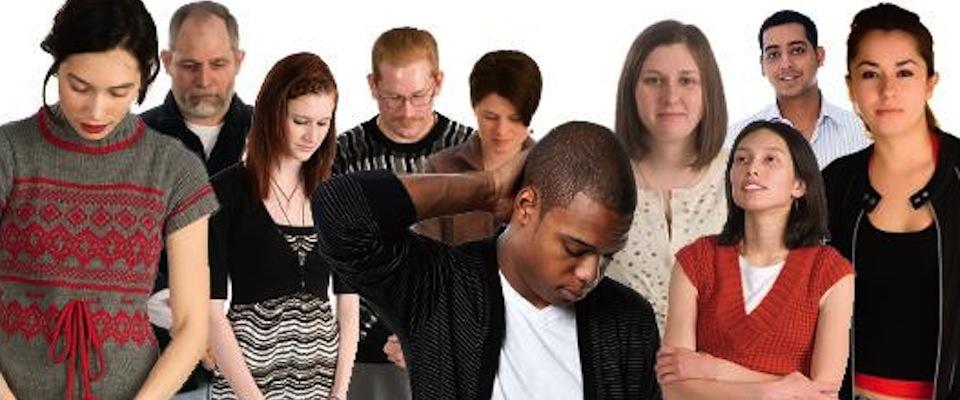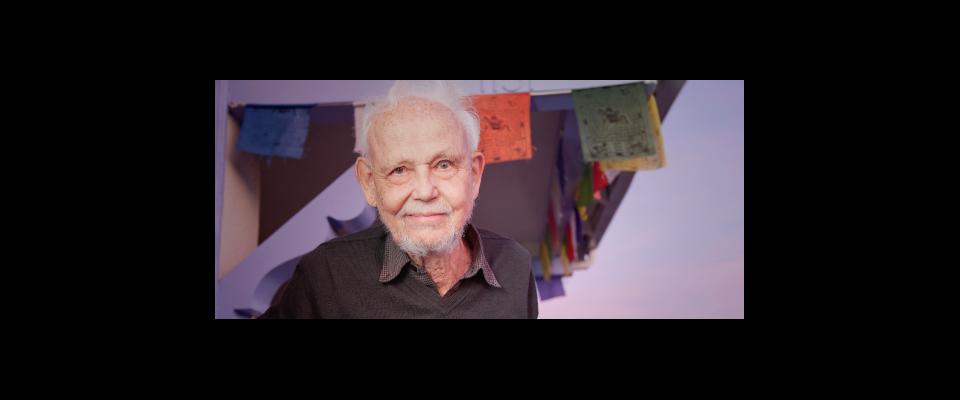A new study from the Public Religion Research Institute (PRRI) and the Brookings Institution indicates that religion—particularly hardcore fundamentalism—is losing ground with younger Americans, while secularism and more progressive spiritualism is on the rise.
Those findings confirm the conclusions of an article we ran in 2011 that examined the growing popularity of non-denominational spiritualism, as well as secularism and its various modalities—including atheism – on campus.
The PRRI study found that 28 percent of Americans consider themselves religious conservatives, 38 percent are religious moderates, 19 percent are religious progressives and 15 percent ascribe to no religion.
While PRRI CEO Robert Jones observed that religious conservatives still outnumber progressives by a significant degree, he also noted that religious conservatism is waning while progressivism is remaining steady. Further, the actuarial math favors the progressives over the long run: the mean age of religious conservatives is 53, while the mean age for progressives is 44.
And for Millennials, the trend is particularly pronounced. Only 17 percent of this generation’s members describe themselves as religious conservatives, while 23 percent are progressives, and 22 percent are non-religious.
That may be. But you’re still unlikely to win many plaudits by blithely declaring yourself an arrant atheist. That, at least, is the opinion of Jak Grueneberg, a Cal senior majoring in anthropology and the co-president of the Atheists and Skeptics Society at Berkeley (BASS).
Currently, BASS is struggling a bit, Grueneberg says. “Quite a few of our members graduated in the past couple of years and left the area. We’re working to attract new members now.”
The lingering biases against atheism sometimes discourage Grueneberg in the here and now, but he expresses optimism for the long run.
“The Baby Boom generation is very large, it still holds most of the power, and it’s largely responsible for enforcing religious conservatism,” he says. “When younger, more progressive people start assuming positions of influence in politics and business—particularly politics—and publicly declare their atheism, then we’ll see some major changes.”
—Glen Martin




















